Expert advice on helping your muscles repair and replenish
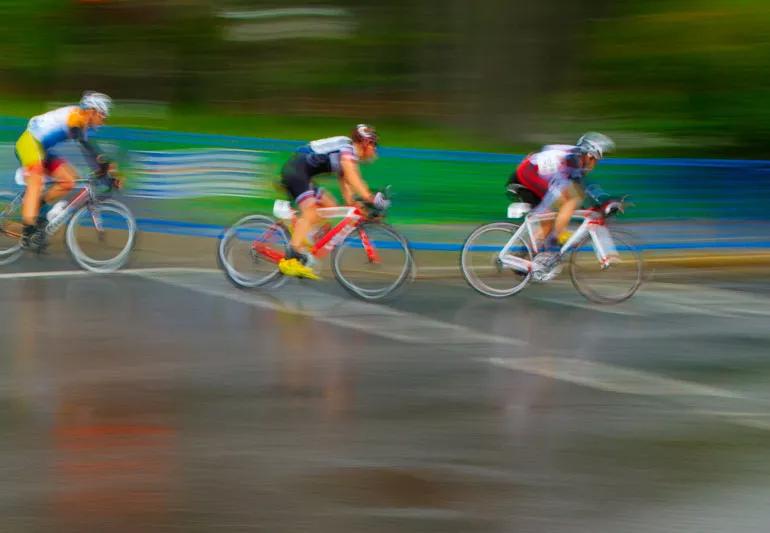
Recovering from a road race is an important component of your overall training plan when you’re an avid cyclist. If you don’t take steps to properly recover from your bike race, you can increase your risk of injury and burnout. And you may even limit your participation in upcoming races.
Advertisement
Cleveland Clinic is a non-profit academic medical center. Advertising on our site helps support our mission. We do not endorse non-Cleveland Clinic products or services. Policy
Matthew Winters, DPT, shares seven tips to help your body recover from a cycling race for optimal performance down the road.
After your race ends, take five minutes to continue spinning slowly.
The blood vessels in your legs were expanding during your race. If you stop suddenly, the blood just stays in place like pools of water. This can make you lightheaded and minimizes your body’s ability to get fresh blood in and metabolic waste out.
“You have the joy of being done and you just want to be done,” says Winters. “But it doesn’t end at the finish line. There’s still several hours of recovery time and muscle repair and it all begins with a cool-down process.”
When your body stops moving following a race, every muscle tightens up and may get stiff and sore. After a five-minute cool-down period where you cycle around slowly, get off your bike, but keep moving.
“You need to keep your body moving a little bit longer instead of plopping yourself down somewhere and calling it a day,” Winters says. “Your muscles need to continue to contract. When you get off your bike, walk for a few minutes.”
Don’t forget to drink up and hydrate your body after your race. Dehydration can delay your recovery process.
Advertisement
Some suggestions?
“There are protein-type drinks such as chocolate milk, which is a good recovery drink,” he says. “But plain water or an electrolyte drink is good too. Sport drinks are fine, but only in moderation.”
To kick-start your muscle repair, eat a lot of protein.
“That’s one of the biggest recommendations,” Winters says. “Protein is important for your recovery.”
You can start by having a high-protein snack after your race is over and after you have started to cool down.
Later, be sure to eat a high-protein meal — include foods such as beef, chicken, fish or nuts. A high-protein shake is also fine, he says. This will help decrease any muscle damage and help promote muscle repair and recovery.
Compression wear, including compression socks, can help reduce muscle soreness, fatigue and swelling after an intense bike ride or race.
Since your calf muscles send blood back to your chest, compression socks are highly recommended. Not only can they accelerate this recirculation process but they can also help improve blood oxygen levels, leading to a fuller and faster recovery.
Massaging your legs will help push out the fluids carrying waste products during muscle breakdown.
A massage will help improve circulation and allow fresh blood to flow more easily to help repair your muscles. It can also help break up the knots that may form in your body from muscle overuse.
If you can’t get to a massage therapist, try using mini foam rollers or even a couple of tennis balls tucked inside of socks.
“Even something as simple as taking a contrast shower — where you alternate hot water and then cold water — can help,” says Winters. “This contrast of warming up and cooling down creates a pumping-type mechanism.”
Finally, rest is vital for recovery and muscle repair. It can help heal your body overall. Your muscle-building hormones increase as you sleep, and they’re important for repairing your muscles while you train and after a race.
Winters recommends getting at least seven hours of sleep a night along with a 30-minute power nap during the day, if possible.
Advertisement

Sign up for our Health Essentials emails for expert guidance on nutrition, fitness, sleep, skin care and more.
Learn more about our editorial process.
Advertisement

Whether you’re cycling consistently or occasionally, it’s important to have safety essentials like a helmet, shirts with sleeves, eye protection and more

Make sure their bike is the right size, find a helmet that fits properly and teach them the rules of the road
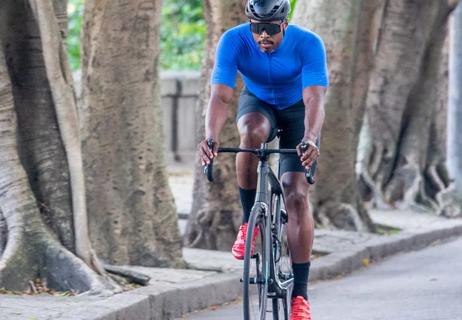
Adjust your bike seat, wear breathable clothing and don’t pop or pick!
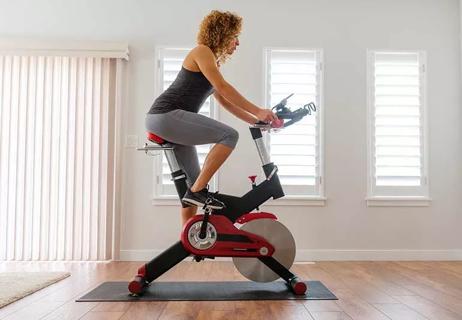
Fit, duration and positioning are more important than you might think
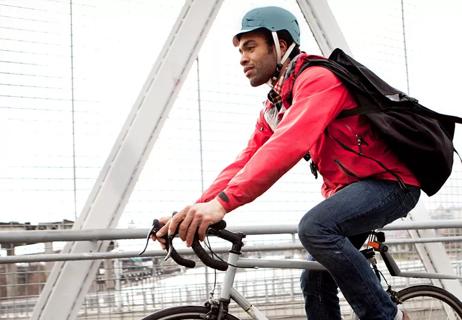
Studies show the protective gear can significantly reduce head and brain injuries
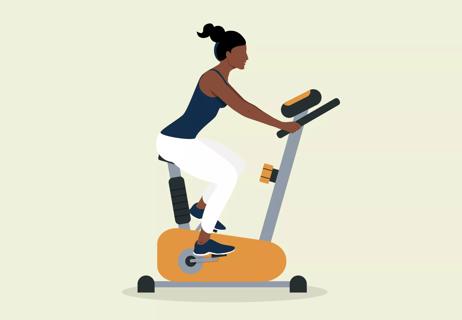
How to make the most out of cycling

It’s an emergency if the pain doesn’t go away, gets worse or you have other worrying symptoms

Your diet in the weeks, days and hours ahead of your race can power you to the finish line

Even small moments of time outdoors can help reduce stress, boost mood and restore a sense of calm

A correct prescription helps your eyes see clearly — but as natural changes occur, you may need stronger or different eyeglasses

Both are medical emergencies, but they are very distinct events with different causes